Scientists at Washington State University (WSU) have made a groundbreaking discovery in cancer treatment. By blocking a protein known as CDK7, they can reduce heart damage caused by chemotherapy and boost its cancer-fighting effects.
This could revolutionize cancer therapy, making it safer and more effective.
The Dual Problem with Doxorubicin

Doxorubicin is a powerful chemotherapy drug used to treat various cancers. While effective against cancer cells, it is notorious for its severe heart toxicity.
This can lead to long-term heart problems like heart failure and cardiomyopathy, surfacing years after treatment.
Unraveling Heart Damage Mechanisms

Senior study author Zhaokang Cheng has been investigating how doxorubicin causes heart damage.
The drug activates the protein CDK2, which then triggers another protein, FOXO1, leading to heart cell death. Understanding this process is key to finding protective measures.
Focus on CDK7
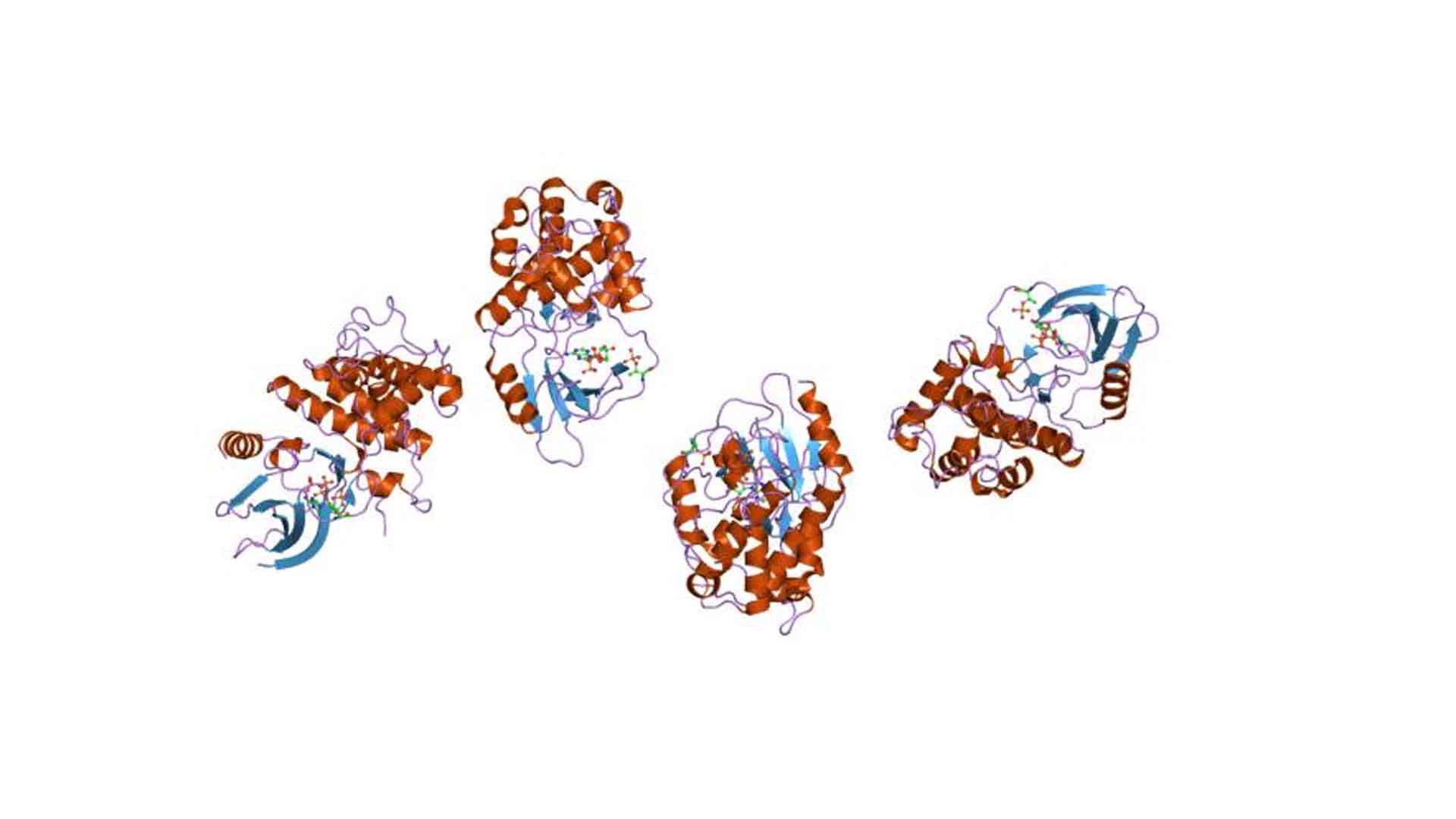
Cheng’s team, in collaboration with cancer biology researcher Boyang (Jason) Wu, turned their attention to CDK7.
This protein fuels cell growth and is involved in cancer development. The researchers discovered that CDK7 activates CDK2, setting off the harmful chain reaction in heart cells.
Protective Role of CDK7 Inhibition

The study showed that mice lacking the CDK7 gene were protected from doxorubicin-induced heart damage. This finding highlights the potential of targeting CDK7 to prevent chemotherapy-related heart issues, paving the way for safer treatments.
In other words, inhibiting CDK7 can stop the harmful effects of doxorubicin on heart cells. This could lead to new treatments that protect cancer patients from heart damage caused by chemotherapy.
THZ1: A Promising Inhibitor
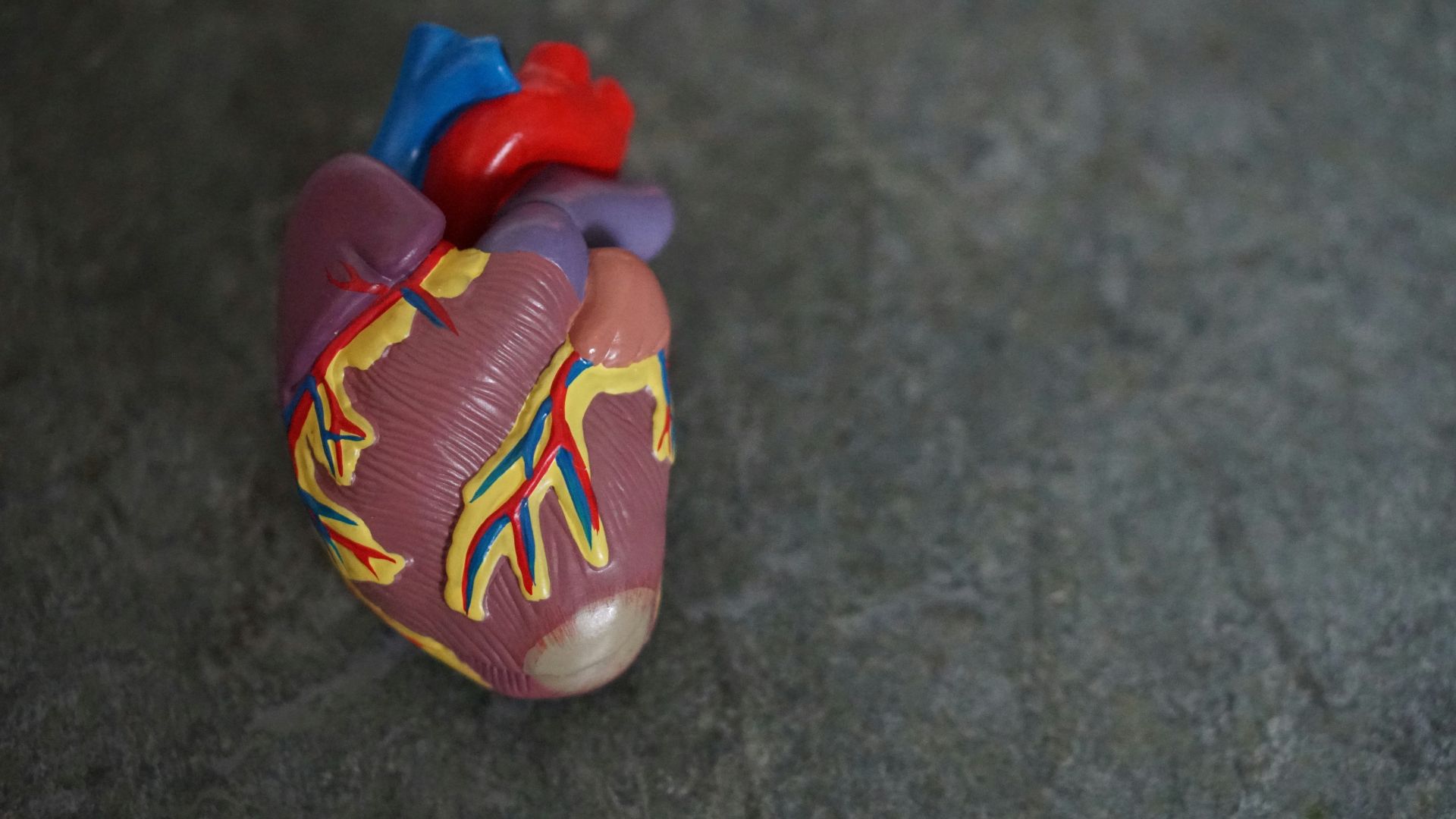
The researchers used THZ1, a CDK7 inhibitor, to block the protein’s activity. This not only improved heart health in the mice but also inhibited tumor growth.
THZ1’s dual benefits make it a promising candidate for combination with doxorubicin.
First to Study Dual Effects

“We are the first to study the effect of THZ1 on the heart and on tumor growth in the same model,” said study first author Jingrui Chen.
This dual focus could lead to treatments that protect the heart while effectively fighting cancer.
Potential for Combination Therapy
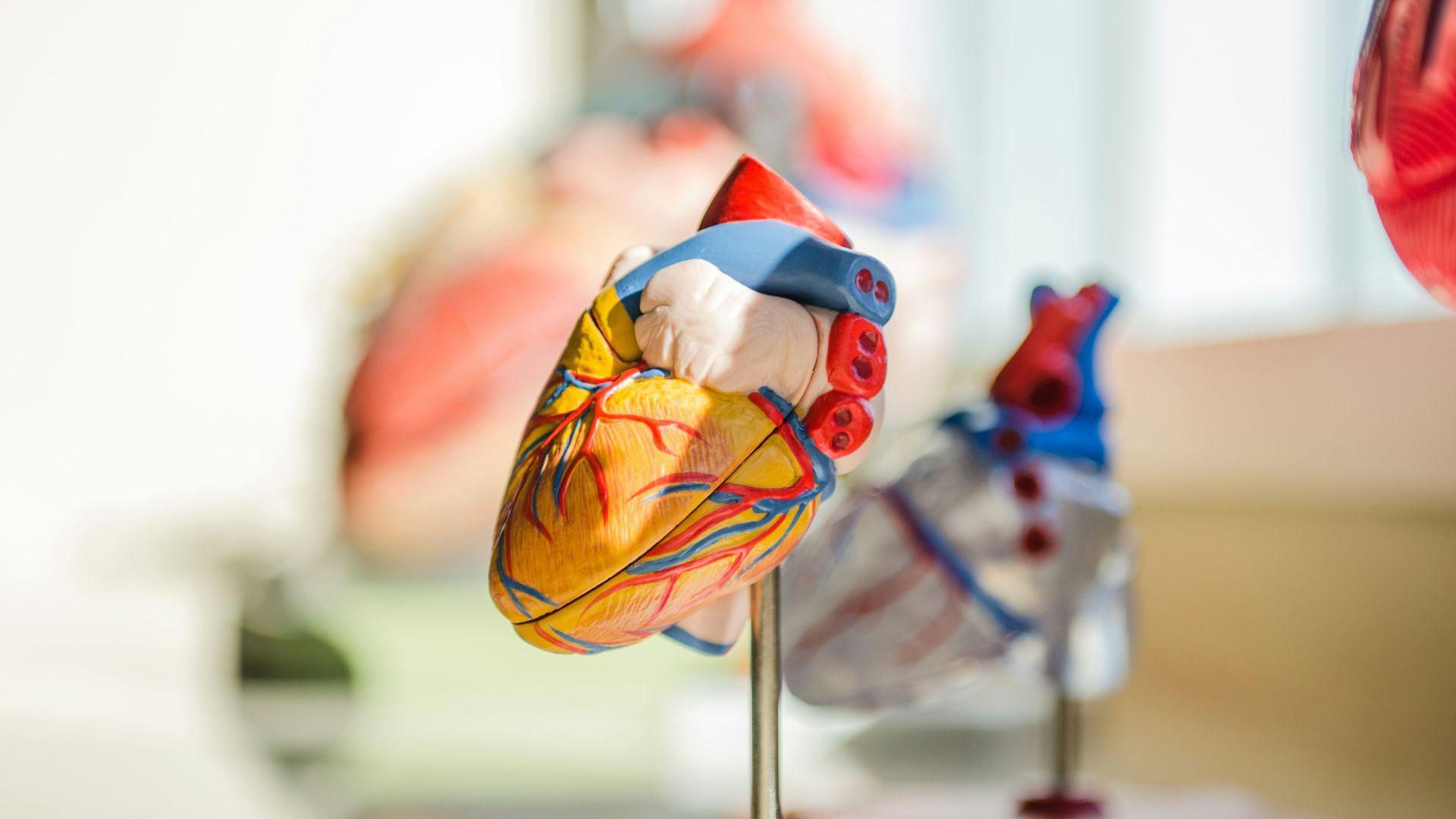
Combining doxorubicin with THZ1 could offer a new strategy to reduce heart damage and increase chemotherapy effectiveness.
This approach holds promise for improving the quality of life and survival rates for cancer patients.
Future Research Directions
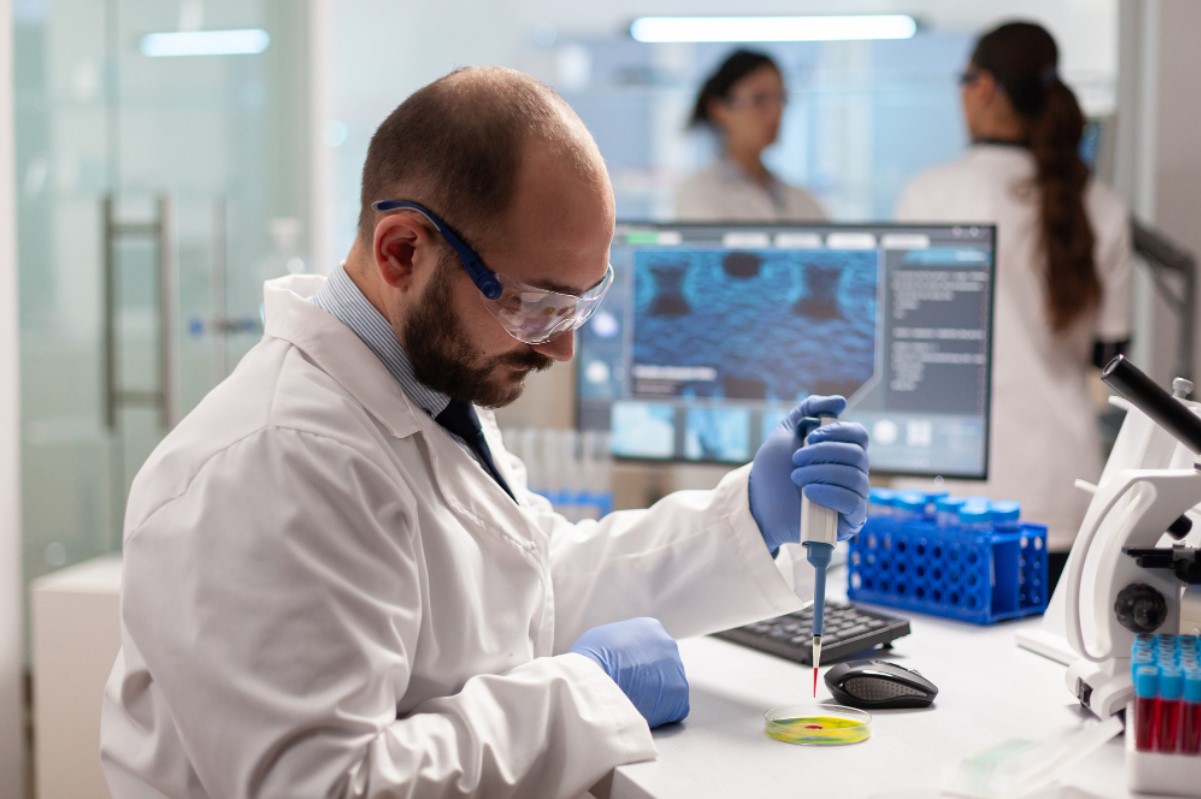
The next steps include testing THZ1 on younger mice to mimic long-term heart toxicity seen in childhood cancer survivors.
The team also plans to explore other proteins involved in doxorubicin-induced heart damage, aiming for a more comprehensive solution.
Funding and Support

This study was funded by the National Heart, Lung, and Blood Institute, with additional support from the National Cancer Institute.
This backing highlights the significance and importance of the research in advancing cancer treatment.
Long-Term Impact

Heart damage from chemotherapy can take decades to manifest, making early prevention crucial.
By blocking CDK7, this research could help prevent long-term heart issues, providing a safer future for cancer survivors.
Hope for the Future
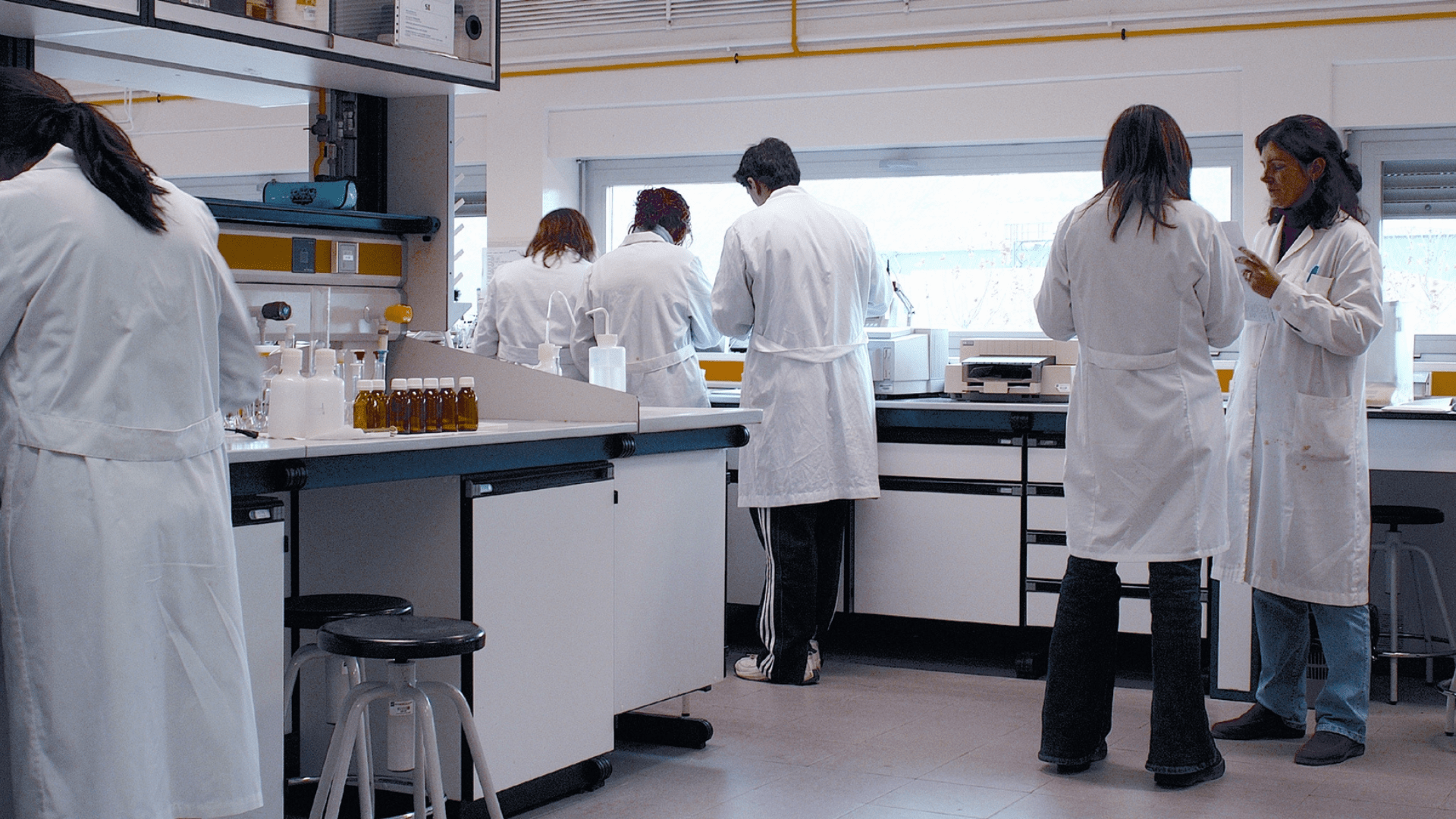
The innovative work at WSU offers hope for safer cancer treatments.
With continued research and development, combining chemotherapy with CDK7 inhibitors like THZ1 could become a standard practice, protecting patients’ hearts while effectively combating cancer.








































